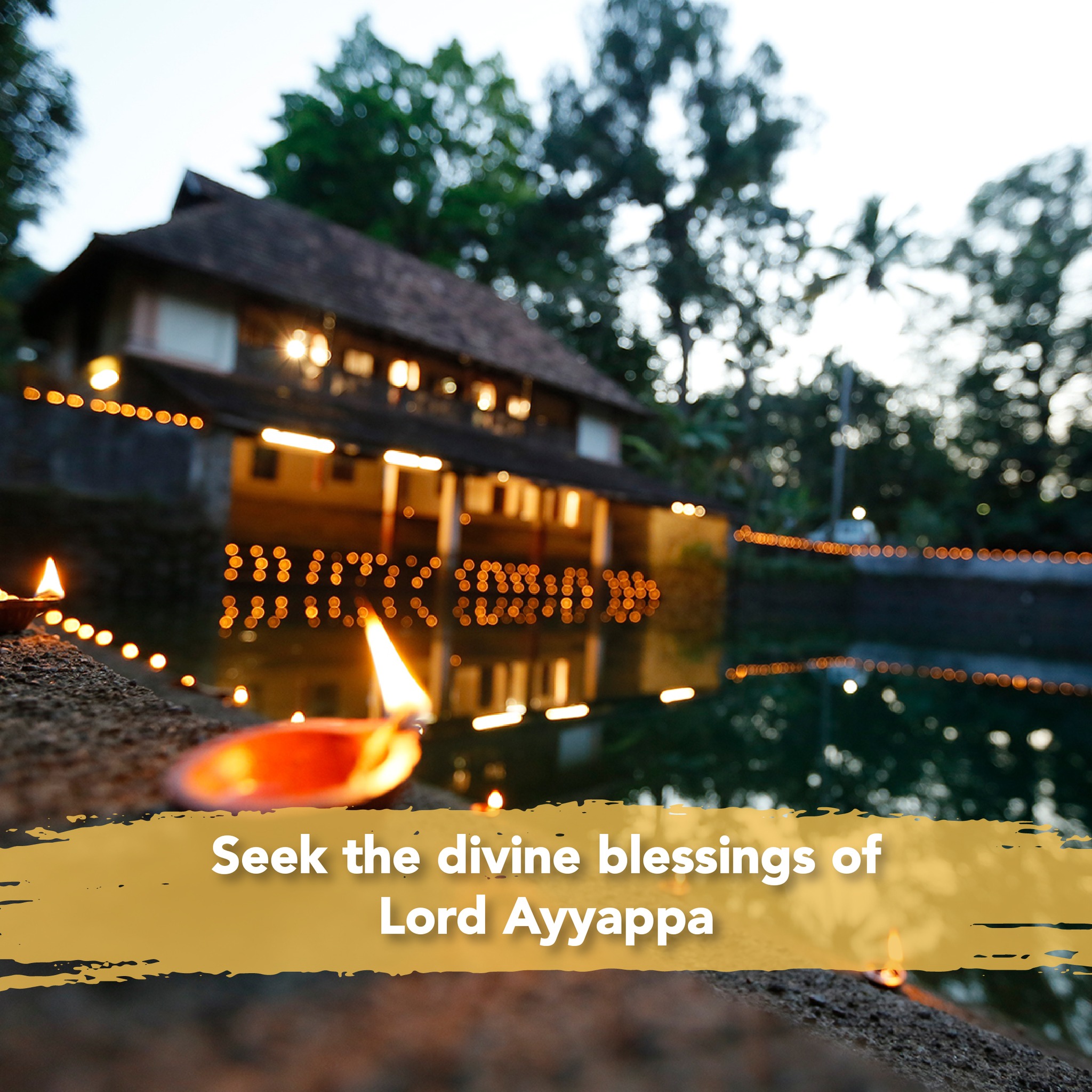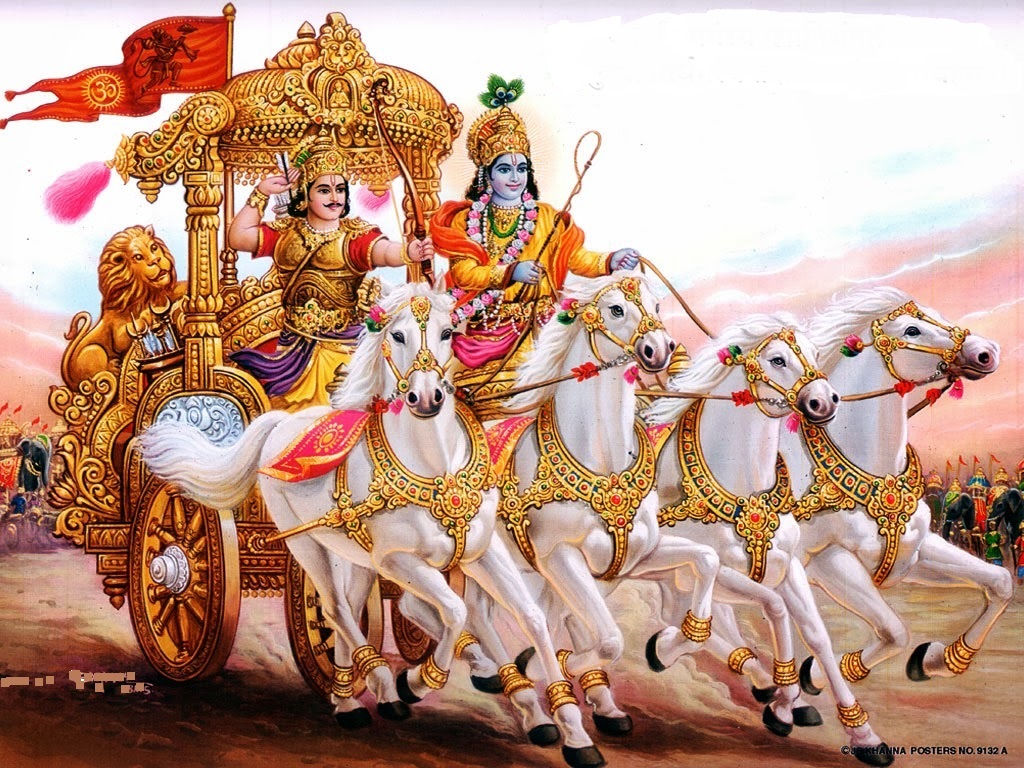The Moksha Gita : Swami Sivananda // Commentary : Chapter 7.8. - Swami Krishnananda.
=========================================================================
Wedesday, 31 May, 2023. 07:30.
The Moksha Gita : Swami Sivananda
Chapter 7: The Process of Sadhana - 8.
=====================================================================
21.
"You should make Brahma-Vichara habitual in you by constant practice. Then only your mind will be under your perfect control. All the impurities of the mind will be washed away by Brahma-Vichara."
Brahma-Vichara should be the habit of every aspirant in his life. It is his identification with some particular aspect of the Infinite Whole that is his individuality. The life of circumscribed isolation and suffering is the fruit of affirming the Self to be something, for the moment one affirms something, the other aspects of the Absolute Whole are denied their unified existence and are neglected and treated as the not-self. The Whole can never be separated into parts and therefore there is a desire in every self to obtain the not-self. The number of these not-selves runs up to infinity and the self wants to have the entirety of things regarded as not-self. This possession of infinite things requites the self to pass through several births and deaths. Hence, the desire for the Infinite being uncontrollable, the state of Samsara will have to be continued till infinite objects are obtained, i.e., till the realization of the Infinite Whole as one's own Self is achieved.
How, then, to cease from self-affirmation? The constant Vichara on the nature of Brahman as constituting all, even the not-self which is ignored and the self which is asserted, the earth and the heaven, and body, mind and soul, will negate the belief in parts and make the aspirant look on all beings with an equal eye. If at any time the aspirant is unable to deny his individuality, and it the self asserts itself persistently, then he should also affirm simultaneously that he is also all those that are denied as not-self, and thus be true to the Absolute Nature.
This sort of Brahmavichara will wash away all sins and impurities and the aspirant will be liberated from bondage even in this very life. He becomes a Jivanmukta.
=========================================================================
22.
"Enquire unceasingly: "Who am I? Whence came this universe? How did birth and death come? What is bondage?" You will be able to attain the imperishable abode of eternal bliss."
Who is the Jiva? The Jiva cannot be truly an individual, for individuality is perishable. But the essence of the Jiva persists to exist. The sheaths of the body merge into their original elements. Earth merges in water, water in fire, fire in air, air in space, space in Mula-Prakriti, and Mula-Prakriti in Brahman. The elements of the body equally dissolve themselves. Hence all the effects are transient, only the eternal is true. The Jiva should cease from being too much occupied with a part of the whole and begin to cling to the Whole. The bodies are sustained only by the thoughts of them, and when the individual withdraws the thoughts, feelings and interests from the bodies, they can no longer be felt to be an item of Pure Consciousness.
Whence came this universe? The universe must either be a creation of the Absolute or of the Cosmic mind or of the individual mind. The Absolute does not create any universe, because the Absolute is secondless and unchangeable. The Cosmic mind must have projected the universe out of the stuff of its consciousness. But, then, how is it that the change in subjective consciousness changes the appearance of the forms of the objects? When the imaginative mind changes its mode of thinking, the object of its perception appears to exist only in relation to the subjective consciousness. Moreover, when the Jnani's mind rises high into the transcendental region, the universe vanishes from his view. Hence, the universe may be a creation of the subjective individual.
 |
Thus the loss of an individual through its Self-realization must effect a great change in the universal force of creativity. The universe is thus the construction of thoughts that are interrelated. Birth and death are of such cause, individuality is due to such reason, as is the nature of the creation of the universe.
*****
To be continued
=========================================================================








Comments